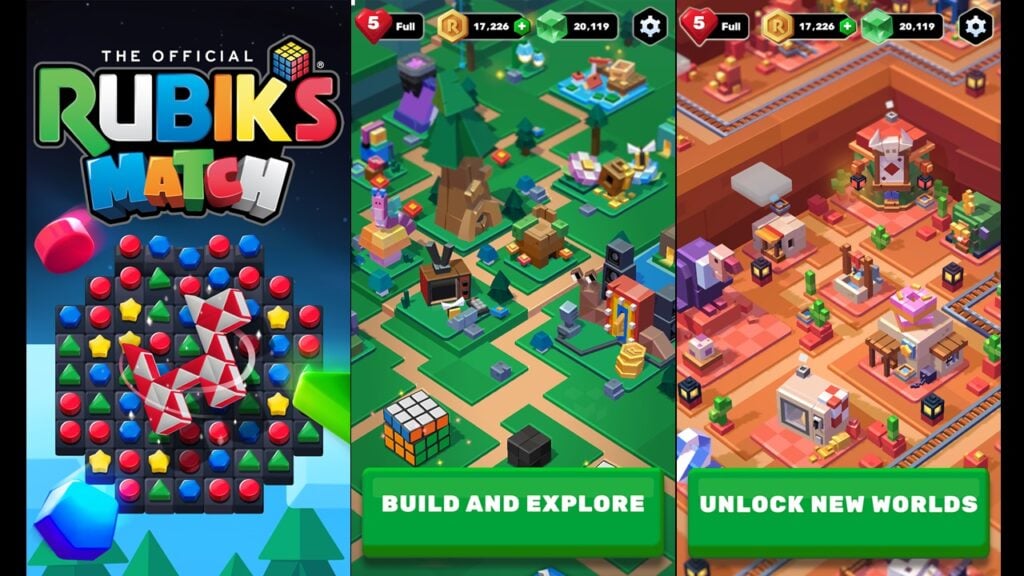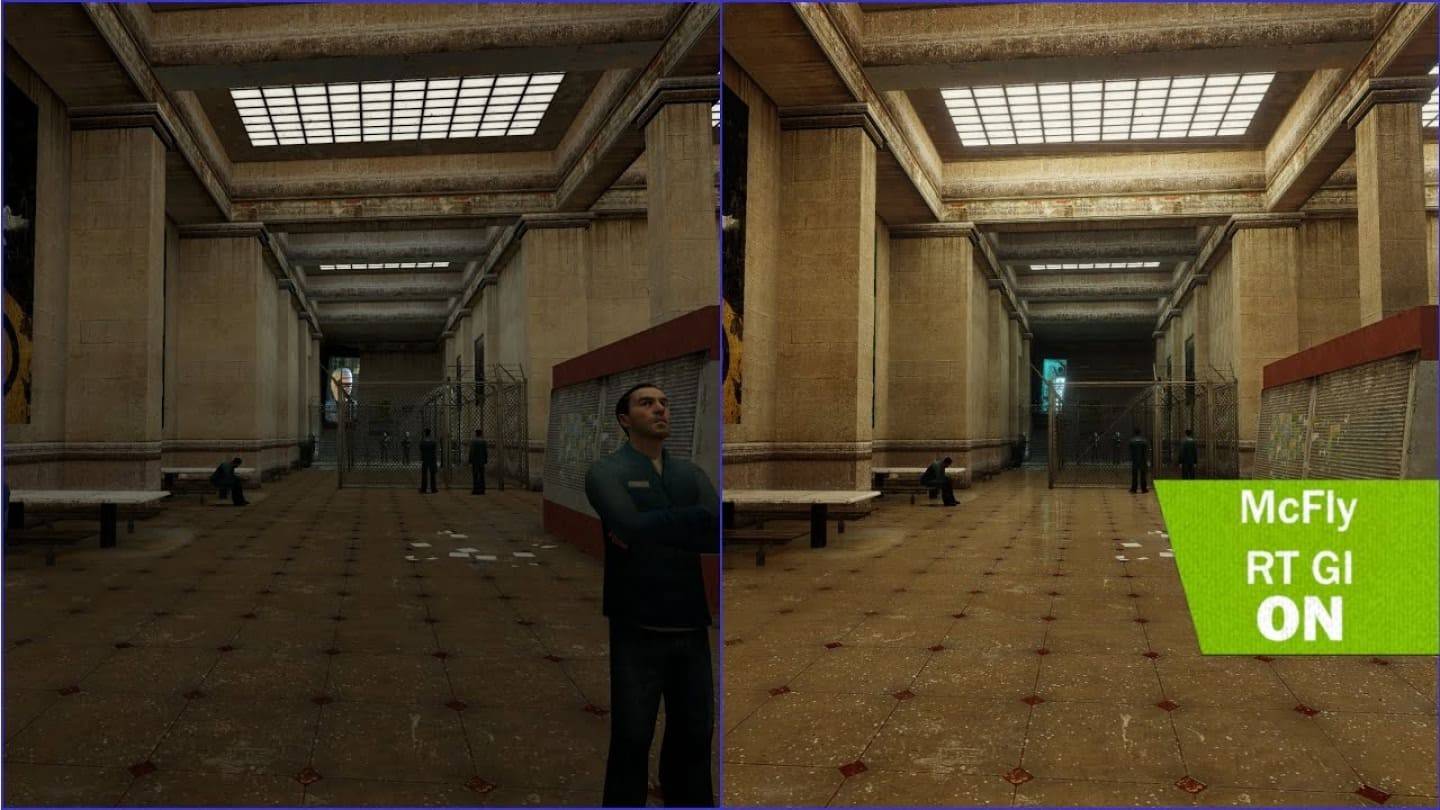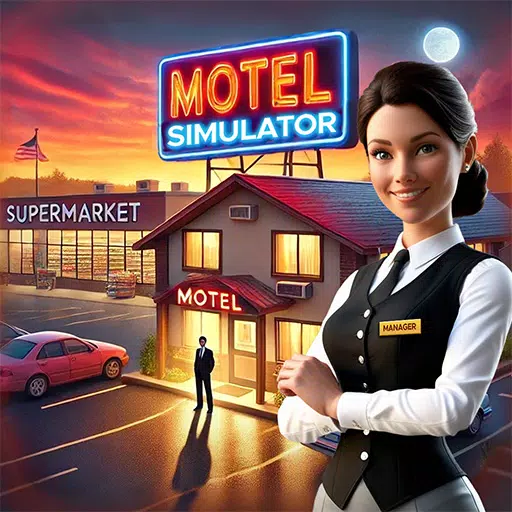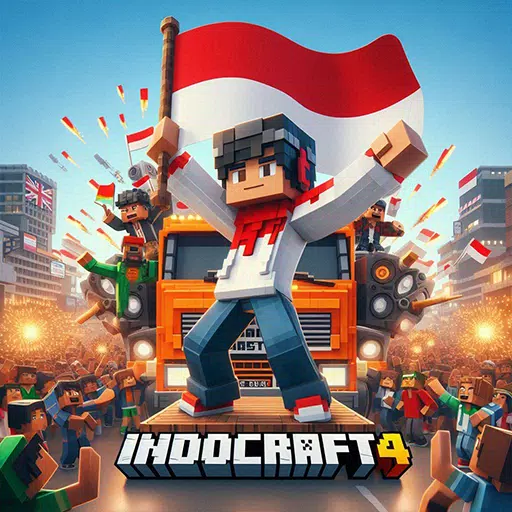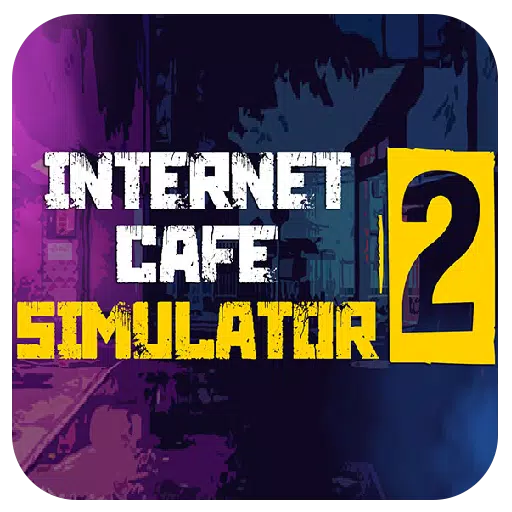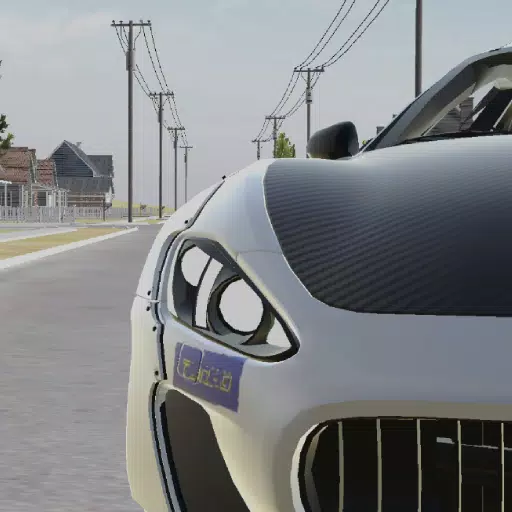Nintendo Lawyer Reveals Strategy on Piracy and Emulation
Nintendo has long been known for its aggressive stance against emulation and piracy, a reputation further solidified by recent legal actions. In March 2024, the developers of the Nintendo Switch emulator Yuzu were hit with a hefty $2.4 million fine following a court settlement with Nintendo. Just months later, in October 2024, the Ryujinx emulator team announced the cessation of their project after receiving communication from Nintendo. The year prior, in 2023, the Dolphin emulator for Gamecube and Wii faced hurdles when Valve, influenced by Nintendo's legal team, advised against a full Steam release.
The case of Gary Bowser in 2023 further underscores Nintendo's vigilance. Bowser, involved with Team Xecuter's products that enabled bypassing the Nintendo Switch's anti-piracy measures, was charged with fraud and ordered to repay Nintendo $14.5 million—a debt he will carry for life.
At the Tokyo eSports Festa 2025, a gathering of "Intellectual Property Managers" from Capcom, Sega, and Nintendo shed light on the legal frameworks protecting their intellectual properties. Koji Nishiura, a patent attorney and Assistant Manager of Nintendo's Intellectual Property Division, provided insights into the company's perspective on emulation and piracy. According to a translation by Automaton from Denfaminicogamer (via VGC), Nishiura stated, "To begin with, are emulators illegal or not? This is a point often debated. While you can’t immediately claim that an emulator is illegal in itself, it can become illegal depending on how it’s used."
Nishiura elaborated that emulators could infringe on copyrights if they copy programs from the games they run or disable a console's security mechanisms. This stance is supported by Japan's Unfair Competition Prevention Act (UCPA), which, while only enforceable in Japan, complicates Nintendo's international legal pursuits.
A notable example discussed was the Nintendo DS "R4" card, which facilitated the use of pirated games. After a concerted effort by Nintendo and 50 other software manufacturers, the R4 was effectively outlawed in 2009 for violating the UCPA.
Moreover, Nishiura highlighted that tools enabling the download of pirated software within emulators, known as "reach apps" in Japanese law, also breach copyright laws. Examples include the 3DS's "Freeshop" and the Switch's "Tinfoil."
In the lawsuit against Yuzu, Nintendo pointed out that The Legend of Zelda: Tears of the Kingdom was pirated over a million times, with Yuzu's Patreon page allegedly earning its developers $30,000 monthly by offering subscribers "daily updates," "early access," and "special unreleased features" for games like Tears of the Kingdom.
Nintendo's ongoing battle against emulation and piracy underscores its commitment to protecting its intellectual property, a stance that continues to shape the legal landscape surrounding video game emulation.
-
1
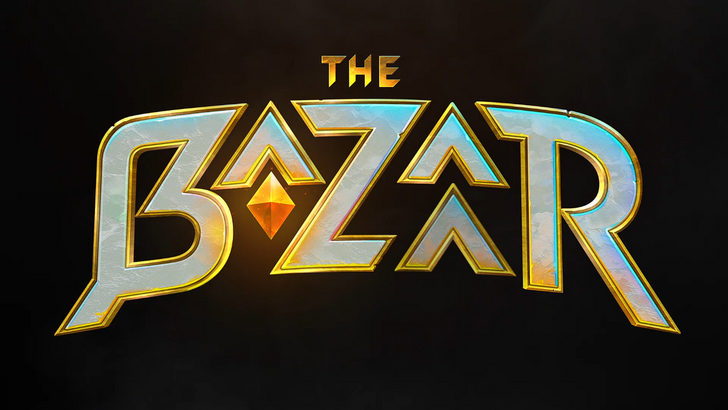
Announcing the Bazaar Release: Date and Time Unveiled
Feb 02,2025
-
2

Andrew Hulshult 2024 Interview: DOOM IDKFA, Blood Swamps, DUSK, Iron Lung, AMID EVIL, Music, Guitars, Cold Brew Coffee, and More
Jan 07,2025
-
3
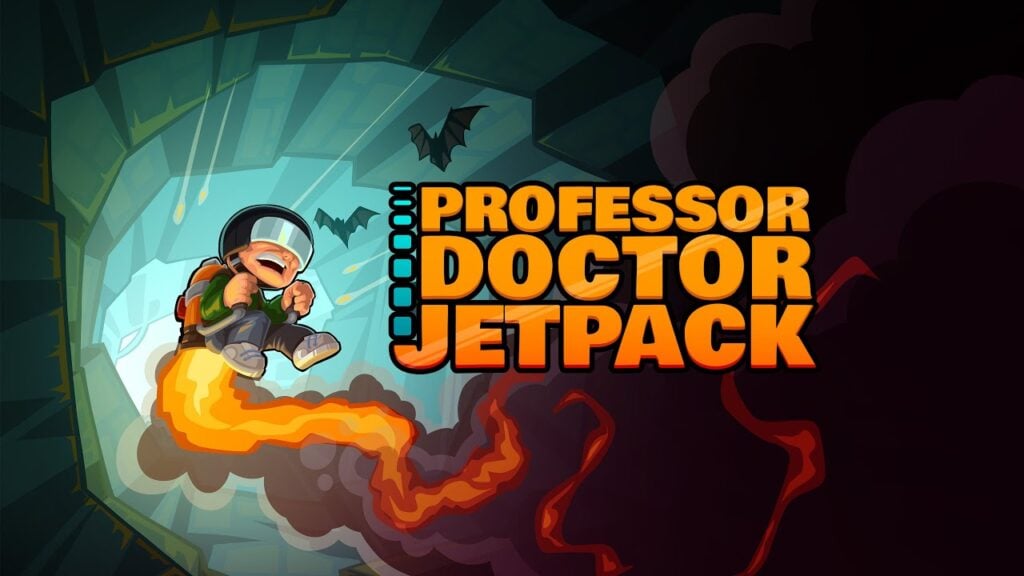
Professor Doctor Jetpack is a Pixel Art Precision Platformer Now Out on Android
Dec 30,2024
-
4
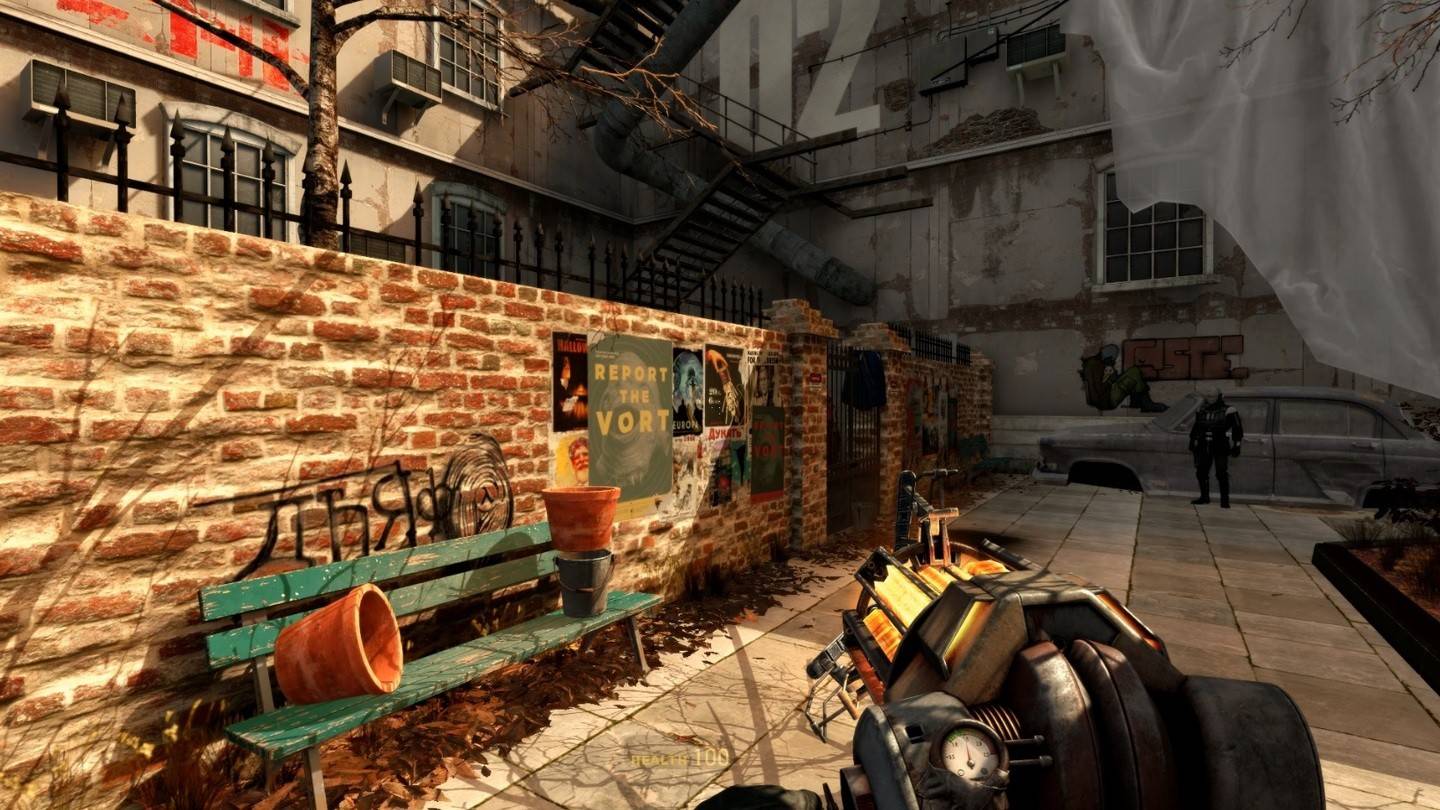
A demo of the fan-made sequel Half-Life 2 Episode 3 Interlude has been released
Jan 05,2025
-
5
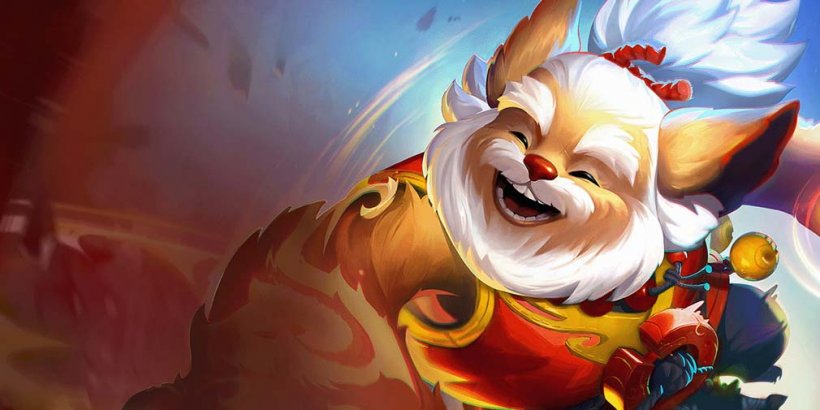
Teamfight Tactics 14.14 Patch Notes: Inkborn Fables Finale
Jan 11,2025
-
6
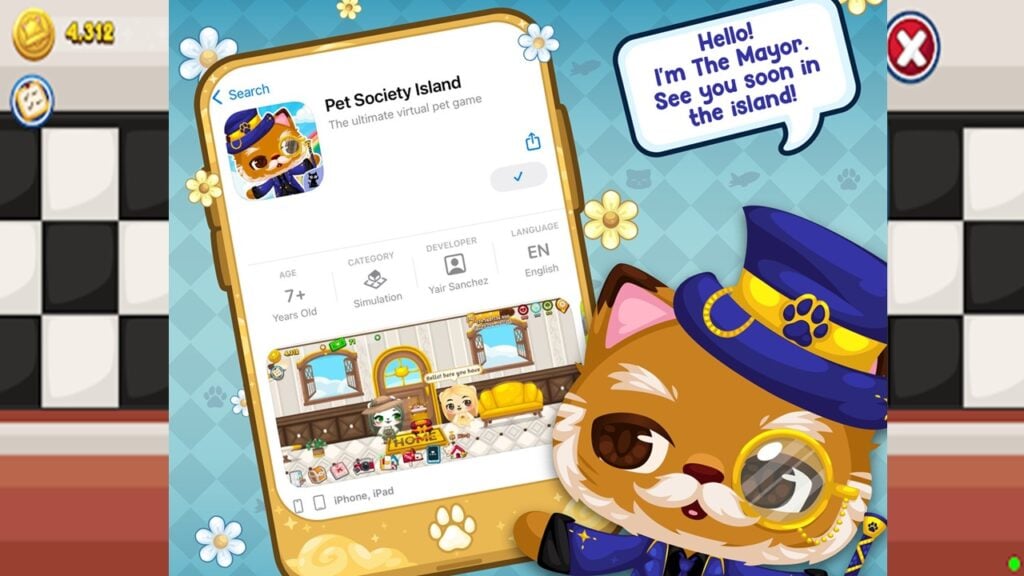
Android Welcomes Virtual Pet Haven: Pet Society Island
Jan 09,2025
-
7

Switch 2: Summer 2024 Launch Expected
Dec 11,2024
-
8

Sword Master Story Is Celebrating Its 4th Anniversary with Tons of Freebies!
Jan 09,2025
-
9
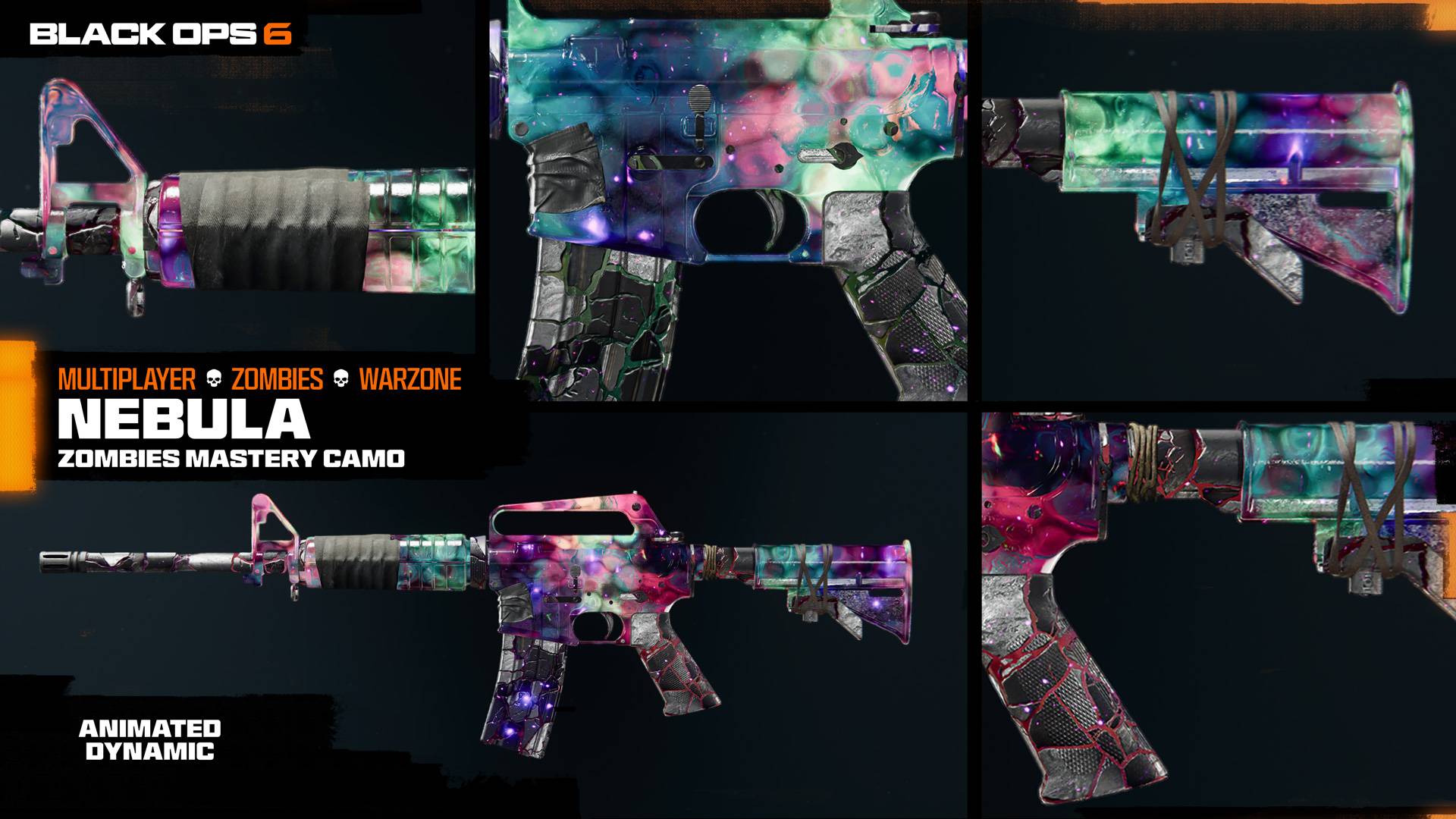
All Camo Challenges in Call of Duty: Black Ops 6 Zombies
Jan 05,2025
-
10
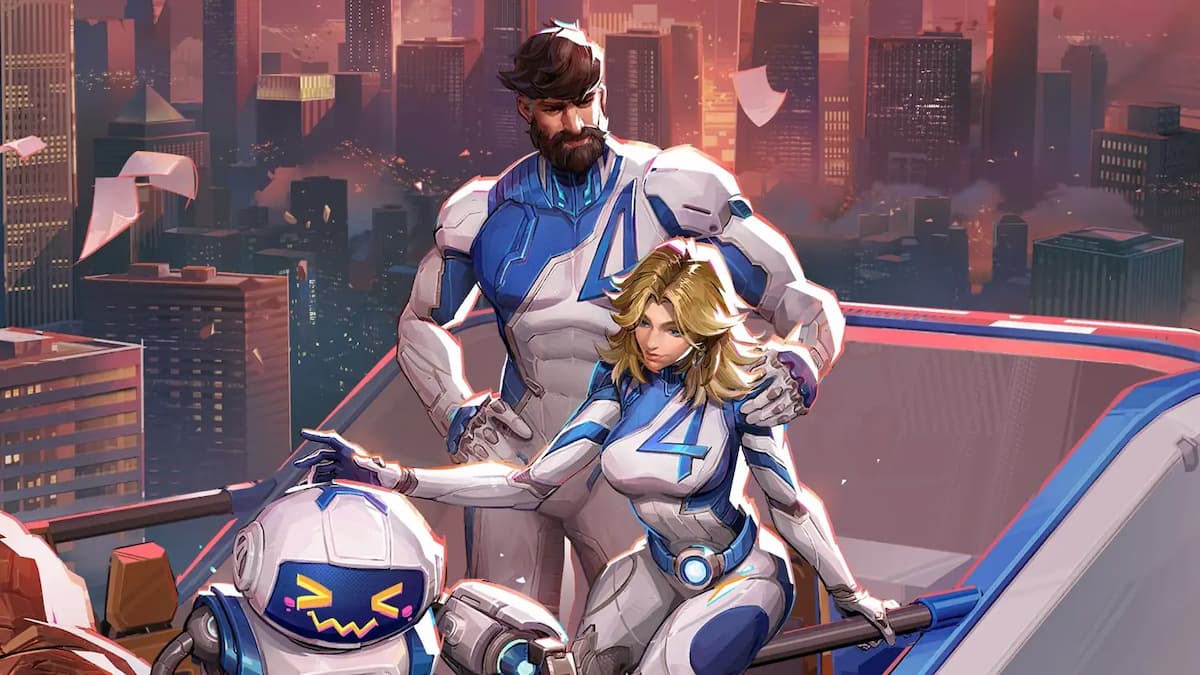
Marvel Rivals Unveils Season 1 Release Date
Feb 02,2025
-
Download
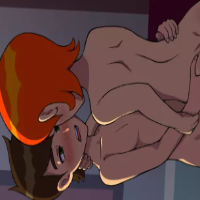
Ben 10 A day with Gwen
Casual / 47.41M
Update: Dec 24,2024
-
Download

A Simple Life with My Unobtrusive Sister
Casual / 392.30M
Update: Dec 10,2024
-
Download
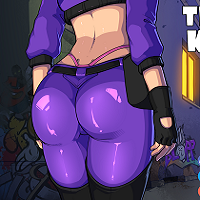
The Lewd Knight
Casual / 1210.00M
Update: Jan 02,2025
-
4
Kame Paradise
-
5
Chumba Lite - Fun Casino Slots
-
6
Little Green Hill
-
7
I Want to Pursue the Mean Side Character!
-
8
Evil Lands: Online Action RPG
-
9
Lost Fairyland: Undawn
-
10
Hero Clash

